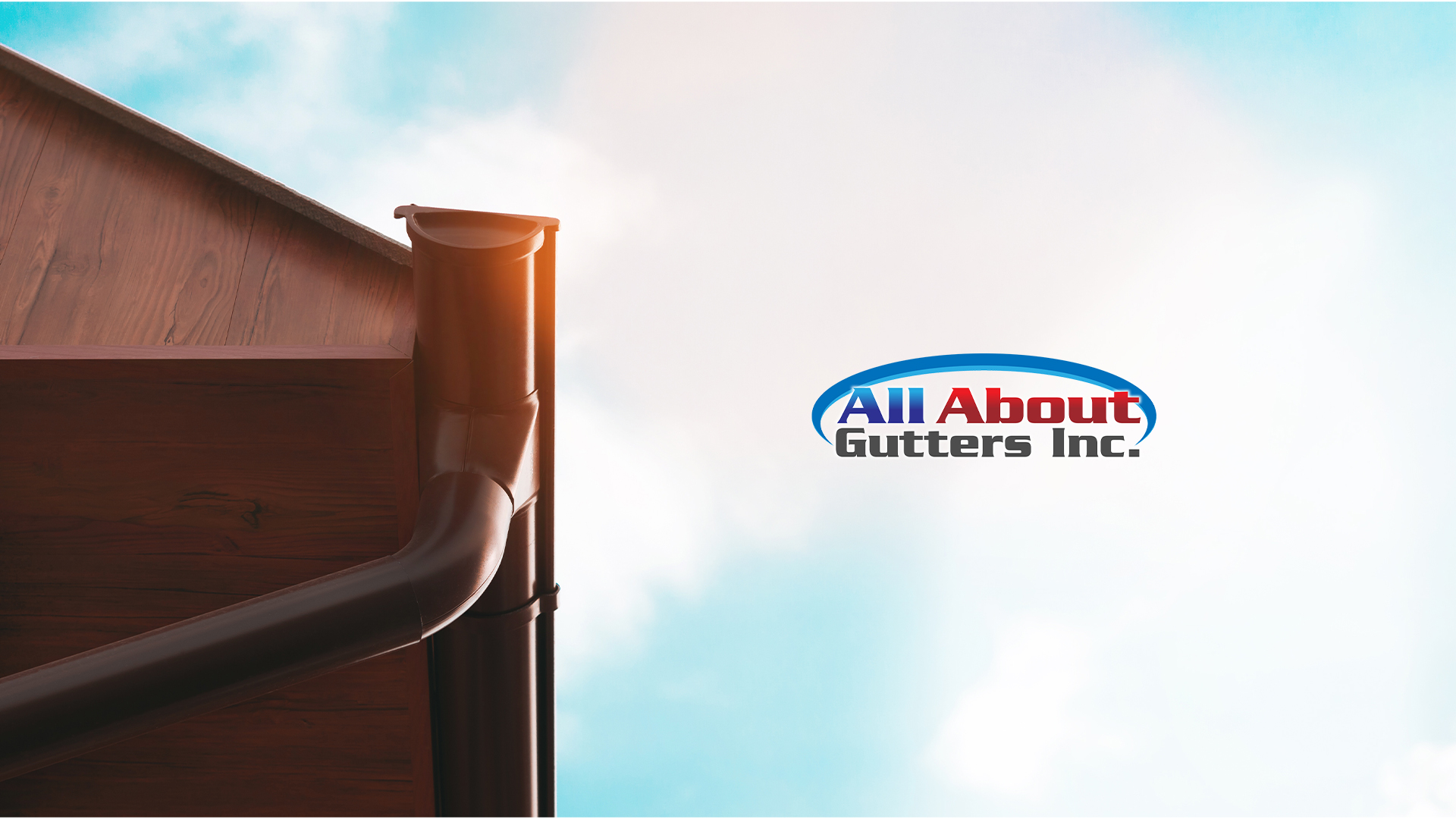How To Calculate The Distance From The Gutters To The Facade?
When installing gutters in a building, whether residential or not, certain decisions must be made regarding aesthetics, quality, materials and the type of installation. Some of them correspond to the client, others can be taken jointly and there are others that can only be taken by a qualified technician like All About Gutters Inc. One of the latter is the distance between the gutters and the facade, which depends on various circumstances.
What does the necessary distance
between the gutters and the wall depend on?
This is one of the first calculations that must be made when
designing storm water drainage and there is no fixed data : to know the optimal
distance, the installer must take into account different variables.
First of all, the type of construction in which the
installation is going to be carried out.
Second, what type of roof does the
building have?
Third, whether or not there are cornices, a circumstance
that can help or hinder the installation of gutters.
Can an individual calculate for himself the most suitable
distance between his rainwater system and the facade of his house? Our answer
is resounding: qualified professionals with experience must make any technical
decision about the installation, since it affects many more factors, in
addition to aesthetics.
Installation of gutters with and
without cornice
The cornice, eaves or overhang is the part of the roof that
protrudes over the facade, offering it a certain "protection" against
rainwater and preventing, in part, the drops from slipping directly on the
exterior wall of the house. Does this mean that a building with a cornice can
do without the gutter system? Nothing could be further from the truth: the
eaves only serve as protection in light rains, so it must always be
complemented with an effective rainwater evacuation installation.
Distance between the gutter and the
facade in houses with a cornice
Even before calculating the distance, the type of gutter to
install must be chosen correctly, which must adapt perfectly to the shape of
the eaves so that it fulfills its function: in this case, aluminum gutters
without joints, which are manufactured directly on site according to the needs
of the client, they are undoubtedly the best option.
However, there is no correct distance to carry out the
installation, but rather it depends directly on how much the cornice with
respect to the facade: the gutter is placed with hooks directly on the tiles ,
since if it were closer to the facade, below the cornice, it would not be able
to collect the water and would not perform its function. As far as the end of
the eave is concerned, convention says that the gutter should go between 2 cm
and 5 cm below it.
Gutter distance in buildings without
cornice
Generally, even if the building does not have a cornice, it
is common for the tiles to protrude a few centimeters above the facade, to
create a drip effect and prevent water from slipping directly down it. Based on
this, we can assess the placement of the gutter with hooks, following the same
indications as in the case that there is a cornice, or the installation of
supports directly to the wall.
If we decide on the last option, it is important to note
that the water will be collected correctly, since the pipe will be practically
attached to the wall.
How is the distance calculated on
straight facades?
It is common, in certain areas of Spain with low rainfall,
to find completely straight facades, in which there is no type of projection or
overhang that offers us alternatives. In these cases, the installation must be
done directly to the wall with the appropriate supports; although the most
common, especially in the case of modern constructions, is that a system has
been provided that channels the water directly from the roof.
In these cases it is especially important that the calculation of the system (installation, supports, slopes, diameters...) be carried out by a qualified and experienced technician, to ensure that rainwater is collected and channeled correctly, avoiding causing damage to the facade and other parts of the building.




Comments
Post a Comment